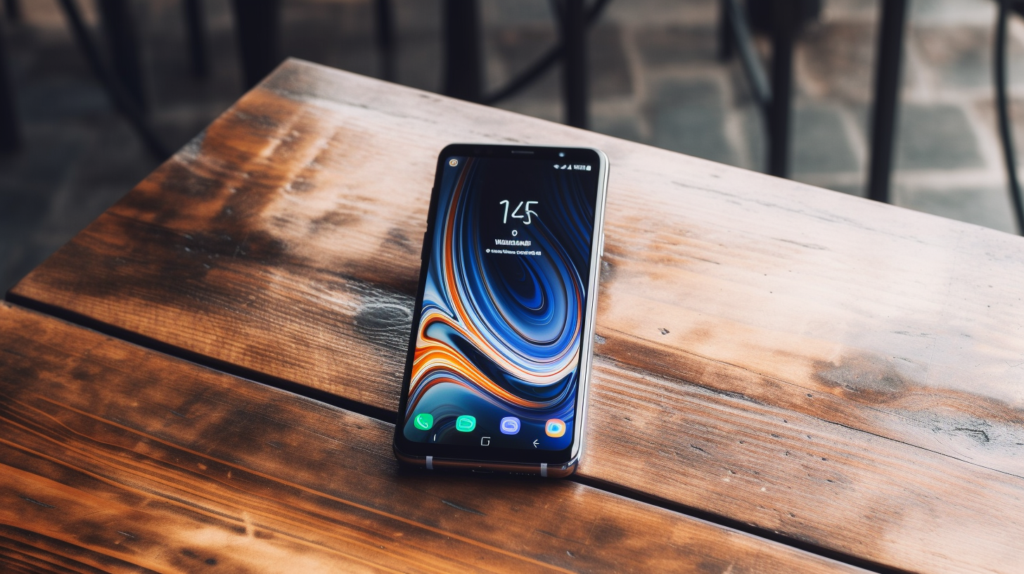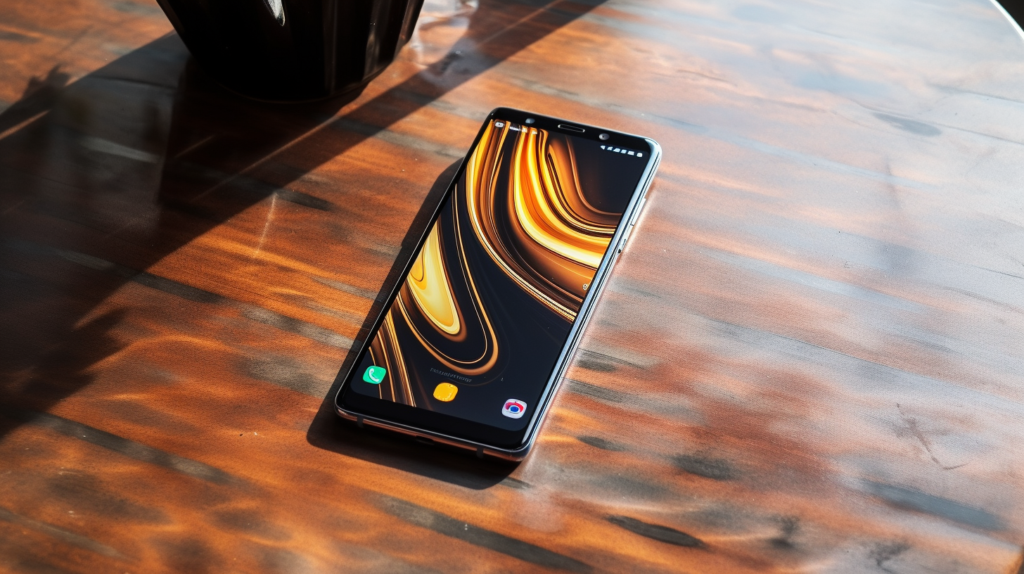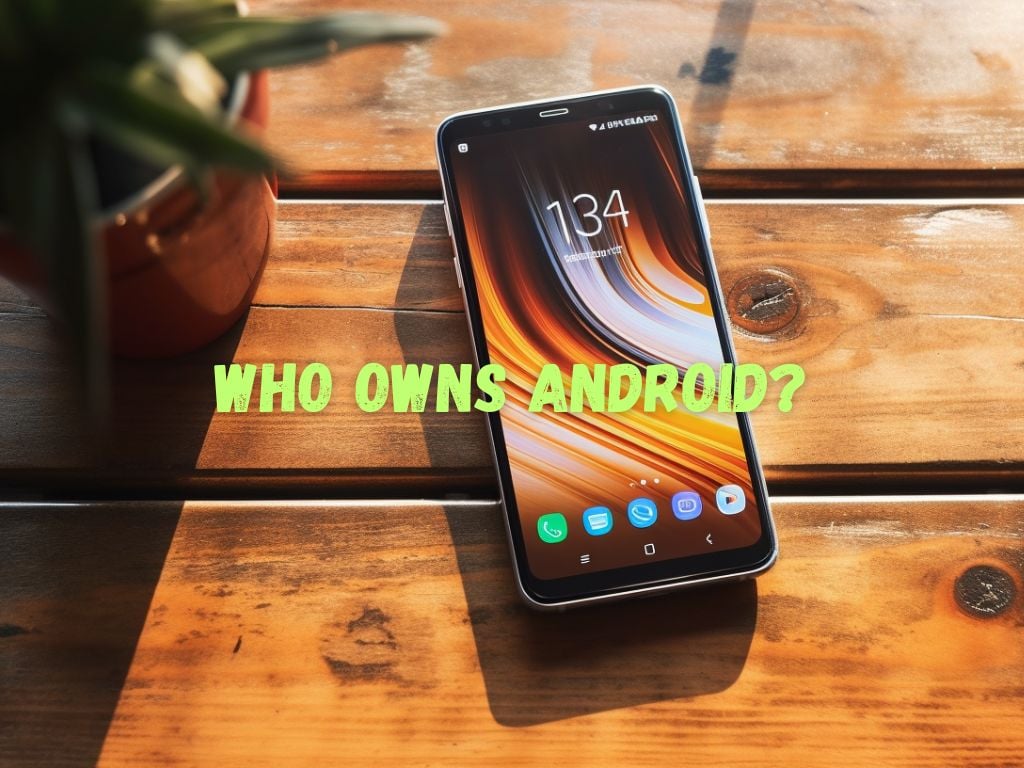In today’s digital age, Android has become synonymous with smartphones and tablets. As one of the most widely-used mobile operating systems, it powers millions of devices worldwide.
But have you ever wondered who owns Android?
In this article, we will delve into the intriguing story behind who owns Android, exploring its origins and the current control by Google.
History of Android Ownership
Founding of Android Inc.
- In 2003, Andy Rubin, Rich Miner, Nick Sears, and Chris White established Android Inc.
- The original goal was to create an advanced operating system for digital cameras.
- The team’s expertise in building software for small devices positioned them well for future success.
Shifting Focus to Smartphones
- As the smartphone market began to gain momentum, the Android team recognized the potential.
- Realizing that their advanced operating system could revolutionize the mobile industry, the team shifted their focus accordingly.
- This decision proved pivotal in shaping Android’s future trajectory.
Google’s Acquisition of Android Inc.
- In 2005, Google’s CEO, Larry Page, saw the potential in Android and decided to acquire the company.
- The acquisition allowed Google to expand its reach into the mobile industry and compete with rivals such as Apple.
- The Android team, now part of Google, continued to develop the operating system for wider adoption.

Open Source Foundation
- One crucial aspect of Android’s ownership is its open-source nature.
- Google made the strategic decision to release Android as an open-source platform, enabling developers to customize and extend its capabilities.
- This approach fostered a vibrant community of developers, leading to rapid innovation and the creation of numerous apps and features.
Android’s Market Penetration
- Following Google’s ownership, Android experienced exponential growth in the mobile market.
- By offering the operating system to various manufacturers, Google was able to capture a significant share of the smartphone market.
- Android’s presence expanded globally, giving rise to a diverse range of devices that catered to different user preferences and price points.
Evolution of Android Versions
- With each new Android version release, the operating system underwent significant improvements and feature updates.
- Each iteration brought optimizations, enhanced security, and additional functionalities to the platform.
- The iterative development process allowed Android to adapt to emerging market trends while ensuring compatibility across devices.
In summary, Android’s ownership journey began with its founding as Android Inc., followed by Google’s strategic acquisition to capitalize on the smartphone revolution. The transition to open-source further fueled innovation and adoption.
Android’s market share and continuous evolution have made it a dominant player in the mobile industry, shaping the way we interact with our devices today.
Who Owns Android? Current Ownership of Android
Google’s Acquisition of Android Inc.
- In 2005, Google acquired Android Inc., making it the sole owner of the operating system.
- The acquisition was prompted by Google’s recognition of the potential of Android to revolutionize the mobile industry.
- This move allowed Google to expand its services and reach a broader audience through Android-powered devices.
Integration with Google Services
- Google strategically integrated its suite of services into Android devices, creating a seamless user experience.
- Google Play Store, the official app store for Android, offers a vast selection of apps, games, movies, and other digital content.
- Google Assistant, a virtual assistant, is deeply integrated into Android devices, allowing users to interact with their devices using natural language commands.
- Google Maps, Gmail, Google Photos, and other services are pre-installed or easily accessible on Android devices, providing users with a comprehensive ecosystem.
Benefits of Google’s Ownership
- Google’s ownership of Android has allowed for a more cohesive and consistent user experience across devices.
- Users can seamlessly access their Google accounts and services, such as Google Drive and Google Calendar, on their Android devices.
- Integration with Google’s services offers benefits like automatic backup and synchronization of data, personalized recommendations, and convenient access to a wide range of content.
Monetization through Advertising
- Android’s large market share has enabled Google to generate substantial revenue through targeted advertising.
- Google’s advertising platform, Google Ads, is integrated into many apps and services on Android devices, allowing advertisers to reach a highly engaged audience.
- Android users provide valuable data to Google, which is used to tailor and optimize advertising campaigns, maximizing their effectiveness.
Relationship with Device Manufacturers
- While Google owns Android, it allows device manufacturers the freedom to modify the operating system to suit their hardware and software requirements.
- Manufacturers often develop customized versions of Android, known as “skins,” which may include unique features, user interfaces, or pre-installed apps.
- Google provides guidelines and certification programs, ensuring compatibility with its services and maintaining a certain level of quality control.
In conclusion, Google’s ownership of Android has transformed it into a powerful tool for enhancing its ecosystem and capturing a larger share of the mobile market.
By integrating Google services, users are provided with a seamless experience, while Google benefits from monetization opportunities through advertising and access to valuable user data.
Android’s open nature also allows manufacturers the flexibility to customize the operating system, promoting diversity and choice in the Android ecosystem.

Impact of Android Ownership
Google’s ownership of Android has had a profound impact on the mobile industry. The integration of Google services has made Android devices more user-friendly, providing access to a myriad of apps, entertainment, and productivity tools.
Google’s influence in the digital advertising space has also grown, as Android devices capture a significant portion of the mobile market share, allowing Google to reach a vast audience with targeted ads.
Additionally, Google’s ownership has fostered innovation within the Android ecosystem. Through its open-source nature, Android allows developers to create and customize applications, leading to a diverse range of apps and features.
This vibrant community has contributed to the growth and popularity of Android, offering users a unique and personalized experience.
Frequently Asked Questions (FAQs)
Is Android completely open-source?
Android is built upon the Linux kernel, which is open-source. While Android itself is open-source, Google adds a layer of proprietary software and services, which are not open-source. This hybrid approach allows Google to maintain control over certain aspects while still providing the benefits of an open-source platform.
Can manufacturers modify Android?
Yes, manufacturers have the freedom to modify Android to suit their hardware and software requirements. As a result, different manufacturers often offer customized versions of Android, known as “skins,” which might have unique features and user interfaces.
Does Google control all Android devices?
While Google’s influence is significant, not all Android devices are under Google’s control. Some manufacturers, particularly in China, develop their own versions of Android that do not include Google’s suite of apps and services. These devices are often referred to as “forked” versions of Android.
Conclusion
Android’s ownership journey, from its humble beginnings to its current position under Google’s helm, showcases the transformative power of this operating system.
By acquiring and developing Android, Google has been an integral part of the mobile industry, shaping the user experience and driving innovation.
As Android continues to evolve, it will be fascinating to see how ownership and control play a role in shaping its future.


 Tags:
Tags:










